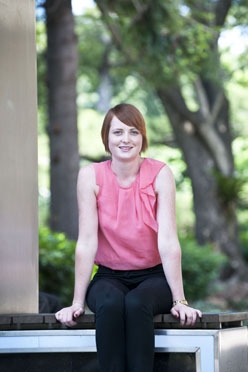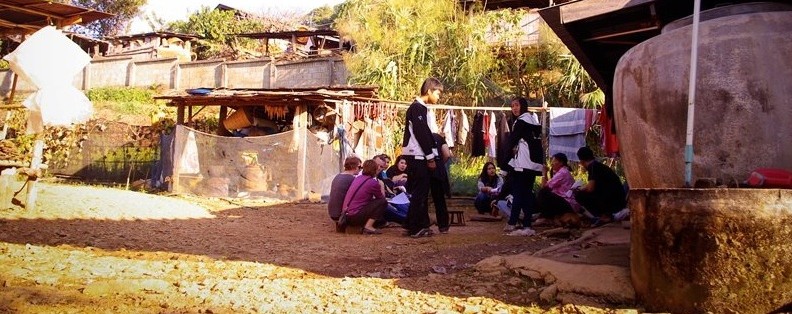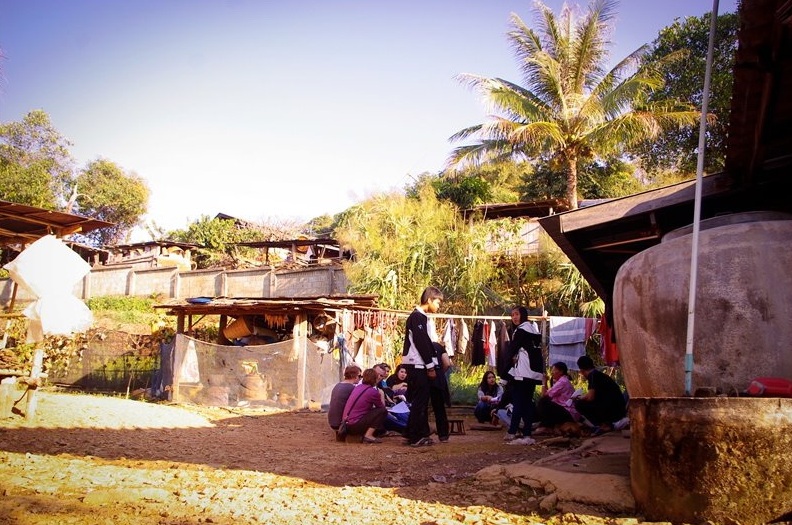 Marisha Sieradzan took her Australian nationality for granted growing up in Brisbane.
Marisha Sieradzan took her Australian nationality for granted growing up in Brisbane.
But a recent trip to Thailand opened her eyes to the problems facing hundreds of thousands of Thai people without nationality.
“There are about 400,000 people in Thailand without nationality at the moment,” Ms Sieradzan said.
“A lot of births were never recorded so many Thais have no documents legally identifying who they are.
“It means they can’t travel or gain citizenship. I was hit by how big of an issue it is.”
Ms Sieradzan, 24, was among 13 QUT Bachelor of Laws students who spent three weeks in northern Thailand in January with community legal education group Bridges Across Borders South-East Asia (BABSEACLE).
The project is among six study overseas short-term mobility programs that received $121,000 of funding from the Department of Education, Employment and Workplace Relations for 2012.
The successful programs, spread across law, health, creative industries and science and engineering faculties, range from visiting aerospace engineering companies in Italy and Germany to improving community nutrition in Vietnam.
QUT International Student Mobility manager Nicole Patterson said the programs were in high demand among students who wanted the career edge of international experience.
“More and more students want to take part in these kinds of international short-term mobility programs,” she said.
“These experiences open students’ eyes to new ways of thinking, new cultures and link them with our partner institutions all over the world.
“Employers are looking for graduates with these intercultural skills and it creates opportunities for students to work internationally.”
Ms Patterson said the programs particularly appealed to students who weren’t able to go on semester-long exchanges because of financial constraints or course demands.
“Because these programs are subsidised up to $2000 per student, they’re more financially accessible,” she said.
“These programs are providing opportunities for a greater number of QUT students to have an international study experience.”
QUT is working to have 10 per cent of graduating students leave with international study experience by 2016.
For Ms Sieradzan, the chance to help Thai university students improve their legal skills, while learning about social justice issues was a smart move.
“It broadens your horizons a lot. I’d love to work in social justice in the future and it’s really inspiring to see people trying to tackle issues like nationality,” she said.
Students interested in study overseas short-term mobility programs should contact their faculty for more information.
(original article was published http://www.qut.edu.au/about/news/news?news-id=40215)


